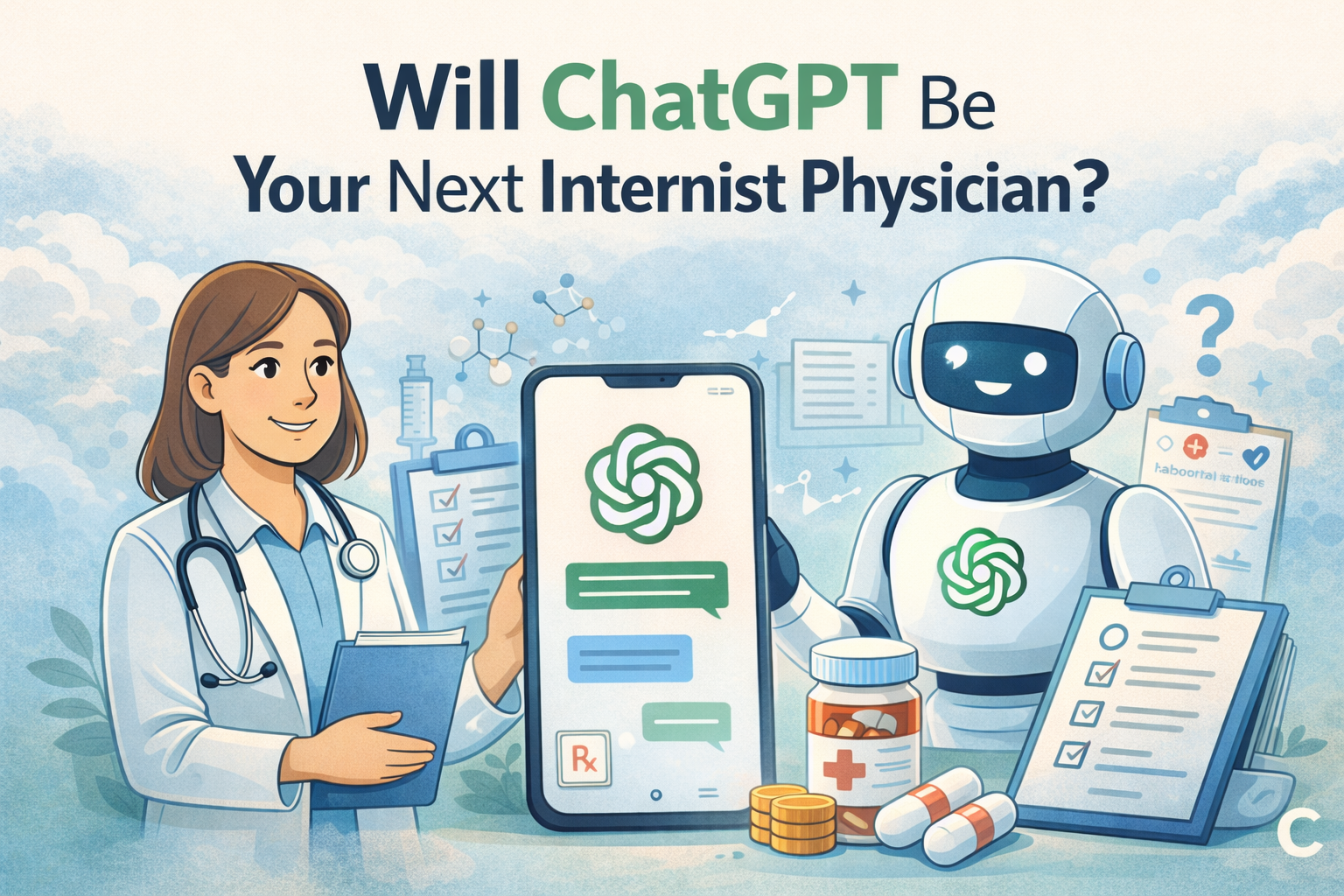Job descriptions are one of the most important, yet overlooked employer tools an employer has at their disposal. If you have not reviewed your company’s job descriptions this year, the fourth quarter is just around the corner and it’s a great time to do so prior to year-end.
When drafting and or reviewing job descriptions, to ensure they are effective and accurate for your business needs, keep in mind these key areas:
- Hiring – effective job descriptions give applicants and employees an accurate picture of what is expected of them in performing their job duties.
- Workers’ Compensation Insurance – often workers compensation carriers require you to provide job descriptions in order to determine policy coverage. If an employee is injured, the job description is needed to determine when and if the employee is able to return to work.
- ADA/FEHA compliance – job descriptions are a key resource when an employee requires a workplace accommodation. It will be key in evaluating the key requirements of the employee’s job duties and help in determining whether a job transfer qualifies as a reasonable accommodation.
- Exempt/Non-exempt status – job descriptions help employers ensure they are classifying employees properly based on the tasks defined in the job description.
- Employee evaluations – there a few better metrics against which to measure an employees performance than the employee’s job description. If an employee’s performance is lacking, the job description is key to getting the employee back on track.
Compensation Time Pitfalls
Comp time polices are not new, but wage and hour litigation in California is continuing to catch well-intentioned employers of all sizes in class action lawsuits over improperly implementing comp time policies. Employers are best protected from such claims when they understand the connectedness between comp time policies and the employee pays.
California laws governing payment to employees (including comp time) are very stringent. Employers can easily become subject to wage and hour lawsuits for violating them. Consider these common mistakes when reviewing your policy:
- Allowing comp time to be accrued and taken off the books.
- Exchanging comp time evenly one day for one day worked.
- Having an oral agreement only.
Labor Code Section 204.3 outlines the rules to follow when establishing a comp time policy. It only takes one unhappy employee to bring a lawsuit. Don’t let this happen to you.
Voluntary Benefits Are Considered Essential To Millennial and Gen Z Employees
Many employers offer voluntary benefits to supplement their core benefit plans. Supplemental insurance plans appeal to the changing and diverse workforce that has come to expect comprehensive employee benefits packages. To stand out in a competitive job market, employers are offering more choices and flexibility to employees.
In a recent study conducted by Willis Towers Watson found two emerging trends to attracting and retaining Millennial and Gen Z employees. Personalized options and support of financial well-being were named the top two for this employee demographic.
Personalization along with benefits that align with company values and engage employees are likely to have greater success in driving employee satisfaction.
For more detailed information, please contact your CorpStrat Account Manager. We are always here to help.



